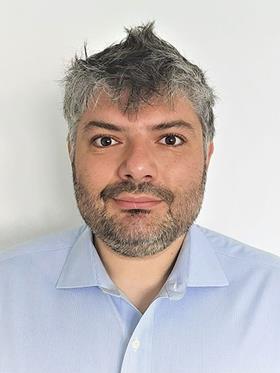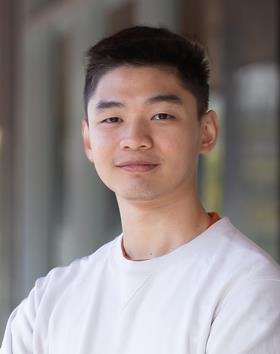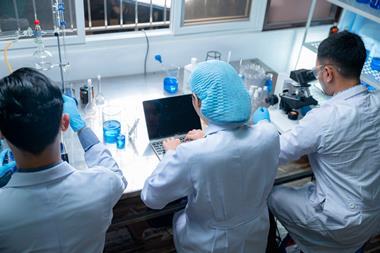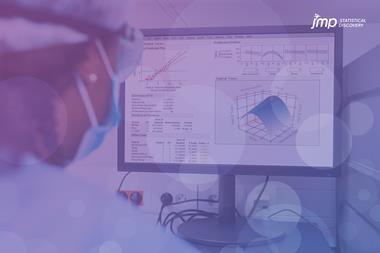Mastery of the fundamentals of statistical design and analysis of experiments enables you to ensure effectiveness and efficiency in your empirical learning across a range of science and engineering situations – but you may soon have questions about how to solve more complex problems using Design of Experiments (DOE).
In this workshop, you will learn about designs that go beyond classical factorial and fractional factorial designs and explore how optimal designs can be tailored to the practical constraints of your process or system.
You will have the opportunity to discover unique methods for maximising your insight when time is a variable or when you have curve responses. You will also learn more about sequential approaches to experimentation, including newer approaches like Bayesian optimisation.
This three-part series is intended to expand existing knowledge of DOE concepts. Participants are encouraged to first learn the basics of DOE by registering for the on-demand workshop ‘Getting started with Design of Experiments’.
Register to view the three-part series
Programme benefits
This three-part workshop – has been designed for scientists and engineers who want to make their experimentation more efficient and effective. Follow along in your own time with JMP’s Statistical Discovery Software and give your learning a valuable boost.
Support when and where you need it
JMP experts know DOE and have years of experience putting these techniques into practice. During the workshop, the JMP team provide real-time assistance to attendees, giving answers to the most popular questions. You’ll see the theory in the workshop – then it’s up to you to test it out.
Register now
Part 1: Optimal/Custom Designs
You don’t need to force your problem into a standard design; optimal DOE gives you experiments that are bespoke to your requirements.
This session will include:
- Recap of basic DOE: factorial, fractional factorial, RSM and DSD designs
- A case study example of custom design
- Introduction to optimality criteria (D, I, A, Alias)
- Where to find additional resources
If you want to learn more:
Part 2: Curve or Functional Responses
You can model curve or ‘functional’ responses including spectra and chromatograms.
This session will include:
- Examples where time is a variable
- Additional examples of curve responses, including spectra and chromatograms
- Functional and nonlinear modelling solutions for curve responses
If you want to learn more:
Part 3: Sequential Design of Experiments
Sequential experimentation ensures efficiency.
This session will include:
- The efficiency of sequential experimentation
- Scoping, screening, optimisation, robustness
- Bayesian optimisation
Download your free trial software
This programme includes hands-on exercises, which you can complete on your own computer using JMP’s Statistical Discovery Software. You will need to download and activate a free trial of this software to follow along. Once activated this trial will last for 30 days. You can get your free trial direct from JMP’s website.
Meet your JMP experts
Marco Salfi

Marco Salfi joined JMP as a Senior Systems Engineer after spending many years in the oil and gas industry. He has held various roles with ExxonMobil in Italy, Belgium, and the United States, with a primary focus on manufacturing and supply chain. Throughout his career, Marco has always prioritised making data-driven decisions. He holds a master’s degree in energy engineering from Politecnico di Milano, Italy.
Owen Jonathan

Owen Jonathan is an Associate Systems Engineer at JMP. His role involves identifying critical business issues of UK customers and guiding them in adopting data-driven solutions within their organisations. Prior to joining JMP, Owen obtained a master’s degree in systems and synthetic biology from Imperial College London. He first joined JMP as an intern, where he identified DOE applications in the field of biotechnology and delivered DOE workshops with relevant case studies to synthetic biologists.
Websites


















No comments yet